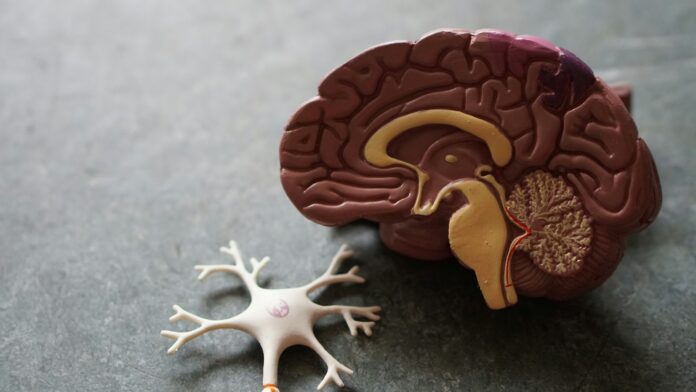John Jennings family legacy inspires hope in Alzheimer’s research following their mother’s decades-long battle
John Jennings, a 39-year-old resident of Edinburgh, faces a poignant reality shared with his sister Emily: each has a 50:50 chance of developing early-onset Alzheimer’s Disease, a condition that profoundly affected their mother, Carol Jennings, in her 50s. This grim probability stems from a genetic mutation passed down through their family, a discovery that has catapulted the Jennings into the heart of pioneering Alzheimer’s research.
The story of the Jennings family is not just a personal journey but a beacon of hope for thousands potentially affected by genetic Alzheimer’s. It began in the 1980s when Carol, recognizing a pattern of the disease in her own family, reached out to researchers at University College London (UCL). Her proactive efforts led to the identification of a critical gene mutation related to the disease, setting a new course for Alzheimer’s research.
Embed from Getty ImagesCarol’s legacy is a testament to the power of patient involvement in medical science. She not only contributed to a significant scientific breakthrough but also chose to donate her brain for research after passing away in March this year, ensuring that even in death, her impact on the fight against Alzheimer’s continues.
Her son, John, now lives with the weight of a potential diagnosis hanging over him. Despite the challenges, he has adopted a life philosophy centred around love and connection, focusing on building relationships rather than material gains. The prospect of losing these connections is what John fears most about the potential onset of Alzheimer’s.
As John approaches the age at which his mother first showed symptoms, the decision to undergo genetic testing looms large. He and Emily face this decision together, understanding that knowledge of their genetic status could significantly impact their future planning and medical options.
Recent advances in Alzheimer’s treatment offer a glimmer of hope. New drugs designed to help the immune system clear amyloid from the brain are on the horizon. These treatments, which are still in the early stages of deployment, represent a potential turning point in how Alzheimer’s can be managed, especially if diagnosed early.
Analysis:
The Jennings family’s story is a powerful narrative that intertwines personal struggle with scientific progress. Politically, it underscores the need for funding and support for genetic research and the development of treatment options that could benefit not only those with familial Alzheimer’s but potentially all forms who suffer from the disease.
Socially, the story highlights the profound impact that Alzheimer’s has on families, altering dynamics and presenting emotional and logistical challenges that extend well beyond the medical symptoms. Psychologically, the possibility of inheriting such a disease weighs heavily on individuals, influencing their life decisions and mental health.
Sociologically, this case study demonstrates the potential for individuals to contribute to broader societal benefits through participation in medical research. The scientific community’s understanding of Alzheimer’s has been significantly shaped by the contributions of families like the Jennings.
As research continues to advance, the hope is that future generations may not have to face the same stark probabilities that confront John and Emily today. The fight against Alzheimer’s, as shown through the Jennings’ family story, is not just medical but deeply human, highlighting resilience, community support, and the enduring impact of individual contributions to science
